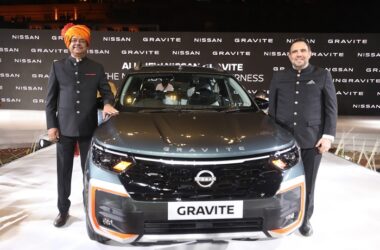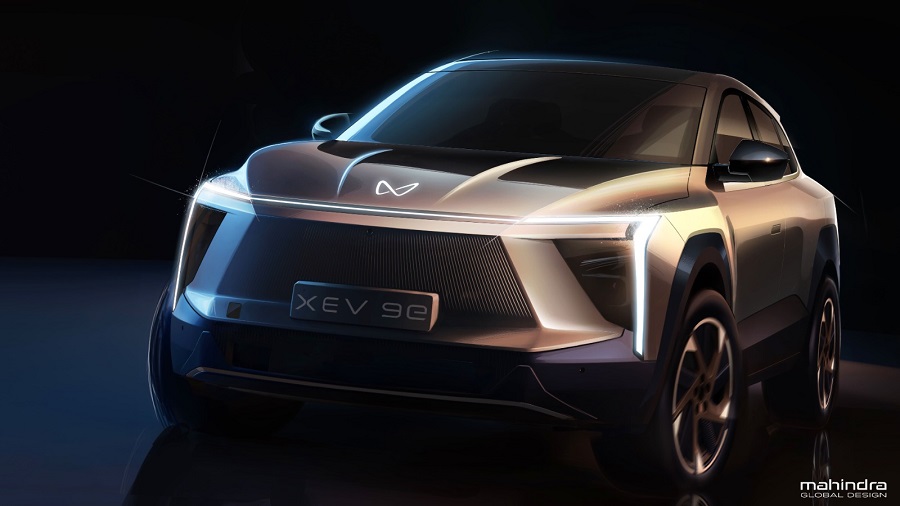New Delhi – The Ministry of Heavy Industries (MHI) has introduced transformative schemes to bolster electric vehicle (EV) adoption and infrastructure development in India. While no standalone policy has been formulated, three pivotal schemes were launched this year to support various segments of the EV ecosystem, as confirmed by Minister of State for Heavy Industries and Steel, Bhupathiraju Srinivasa Varma, in a written reply to the Lok Sabha today.
PM E-DRIVE Scheme: Driving India’s EV Revolution
The PM Electric Drive Revolution in Innovative Vehicle Enhancement (PM E-DRIVE) scheme, unveiled on September 29, 2024, is designed to stimulate EV adoption across multiple vehicle categories, including electric two-wheelers, three-wheelers, trucks, buses, ambulances, and public charging stations. With a financial outlay of ₹10,900 crore, this two-year initiative also aims to modernize testing facilities, ensuring safer and more reliable EVs on Indian roads.
PM e-Bus Sewa-PSM Scheme: Securing Public Transport’s Electric Future
Announced on October 28, 2024, the PM e-Bus Sewa-Payment Security Mechanism (PSM) Scheme aims to electrify the public transportation network by deploying over 38,000 electric buses nationwide. Allocated a budget of ₹3,435.33 crore, the scheme ensures financial protection for e-bus operators in cases of payment defaults by Public Transport Authorities (PTAs), fostering confidence among stakeholders.
SPMEPCI: Boosting Domestic Manufacturing of Electric Cars
To enhance India’s EV manufacturing capabilities, the Scheme for Promotion of Manufacturing of Electric Passenger Cars in India (SPMEPCI) was introduced on March 15, 2024. This initiative requires applicants to invest a minimum of ₹4,150 crore and achieve a Domestic Value Addition (DVA) of 25% by the third year, increasing to 50% by the fifth year. The scheme is pivotal in reducing India’s reliance on imports while bolstering domestic production.
These schemes collectively underscore the government’s commitment to achieving a greener, more sustainable transportation ecosystem. They reflect a significant step forward in India’s transition to electric mobility, aligning with its climate goals and energy independence ambitions.








